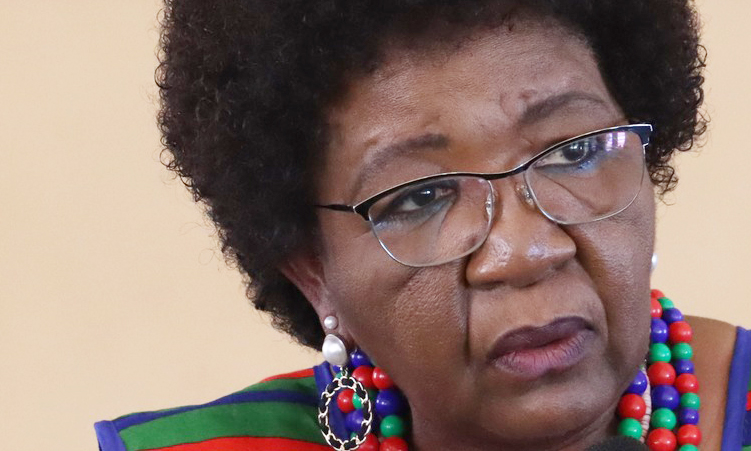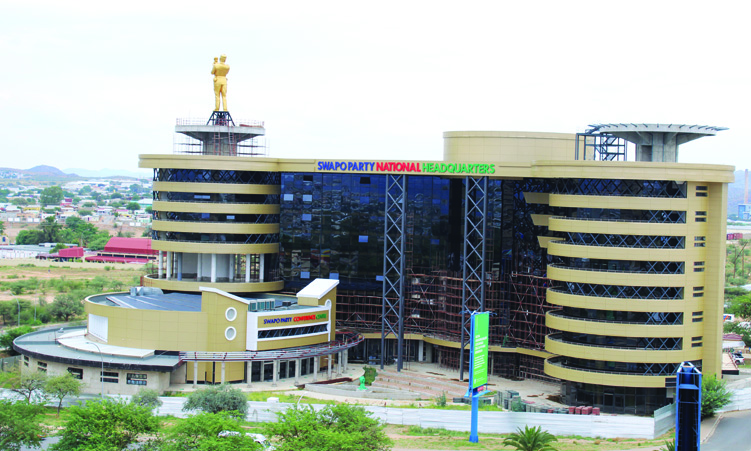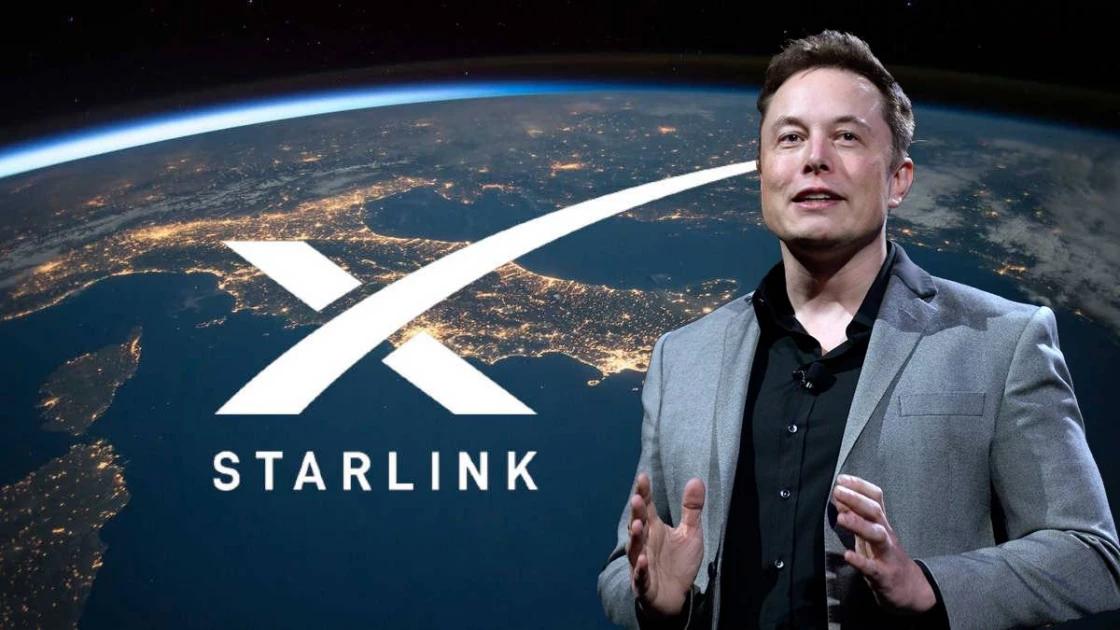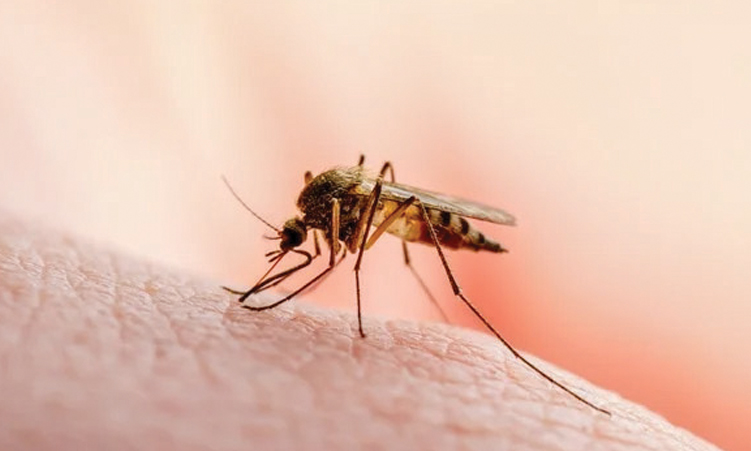Swapo owed the Chinese company constructing its headquarters in Windhoek more than N$100 million, amid ongoing concerns about how the money may have been spent on the project estimated at over N$1 billion.
Unik Construction Engineering, the company that won the tender to construct the building, downed tools last year after the ruling party failed to pay its bills.
Swapo subsequently allegedly used one of its entities to take out a loan at a local bank, estimated between N$110 million and N$180 million, to settle the debt towards the end of last year.
Part of the loan was allegedly used to pay Unik Construction Engineering, but it appears the Chinese company was not satisfied, because the debt was not fully paid.
The project, which escalated from N$900 million to over N$1 billion, has been a secretive affair since its beginning.
Swapo secretary general Sophia Shaningwa, who in 2020 infamously said “We (Swapo) have all the money” did not respond to questions sent to her since 12 March.
A Swapo politburo report tabled at the central committee this month read: “The party is grappling with a precarious financial position in respect of the finalisation of its headquarters building.”
Sources say the issue has been brought to the attention of former president Hage Geingob and vice president Netumbo Nandi-Ndaitwah.
SMALL RESUMPTION
Unik Construction Engineering downed tools at the beginning of last year, but minor works resumed on 6 December 2023, according to workers at the company.
“The company got tired of waiting. It was said that Swapo was expecting money from its companies Guinas and Kalahari Holdings, but this money never came.
“That’s why construction stopped. Also, Unik can’t go public with this information, because it might not get government tenders in future,” a source said.
Kalahari Holdings chairperson Martin Inkumbi this week said the holding company was in a good financial position.
“I have no comment on Swapo party matters. Please refer these to the Swapo party offices. Kalahari Holdings is in a sound financial position and is in good standing with all its stakeholders and its commitments,” he said.
The ruling party is active in a range of businesses, including property, farming, media, fishing, transport, printing, security, healthcare and mining.
Kalahari Holdings is Swapo’s main business arm and owns six subsidiaries.
Unik Construction Engineering general manager Jin Dong this month declined to comment.
The Swapo national headquarters project started in 2019 and included the construction of a 10-story high office complex, a 170-vehicle basement car park, as well as an auditorium
.
Unik is a well-known player in Namibia’s construction industry through government tenders.
It won a tender to upgrade the railway line between Arandis and Kranzberg.
It was awarded a contract for the road construction between Swakopmund and Walvis Bay phase one.
It also built the Swakopmund freeway.

FINANCIAL WOES
Swapo insiders said the ruling party was in good financial health before 2017. The party allegedly had hard cash of around N$300 million.
However, the party started splashing on headquarters and regional office tenders that were allegedly given to relatives of Swapo leaders.
Last month, the Swapo politburo said the party spent millions on the 2022 congress and 2023 on rallies organised to introduce Netumbo Nandi-Ndaitwah as presidential candidate.
“The party . . . will further need considerable funds to hold the electoral college and to undertake election campaign activities across the country,” the politburo report said.
It said an enormous amount of money is needed to prepare for the upcoming national elections slated for 27 November.
“Holding of an extraordinary congress inevitably requires massive funds, and the party has not budgeted for such a scenario. In fact, it does not have funds to hold an extraordinary congress.”
According to a financial analysis report compiled by audit firm BDO Namibia, Swapo experienced a nearly N$30-million decline in revenue between 2017 and 2018.
The party’s income, which reached N$97 million in 2019, has decreased to N$71 million by 2022.
This downward trend is attributed partly to the party’s disappointing performance in the 2019 general elections, resulting in reduced government funding for parliamentary seats.
Specifically, government funding decreased from N$95 million in 2018 to N$68 million in 2022. Additionally, membership fees saw a drop from N$1,9 million to N$1, 7 million during the same period.
During the reporting period, Swapo’s donation revenue surged from N$103 000 to N$590 000, with business dividends skyrocketing from N$8 million to N$186 million.
The party’s total revenue, largely sourced from government funding, membership fees, donations, bank loan, and undisclosed investments, amounted to N$258 million, with N$185 million attributed to investment income.
Additionally, Swapo incurred N$10,5 million in legal costs, which include expenses related to court battles initiated by dissenting members following the 2017 elective congress.
In 2022, Shaningwa said the project’s completion date would be a surprise.
Swapo has been receiving a subsidy of over N$100 million every year from the government since 2015.
The government pays political parties in parliament based on the number of seats they occupy.
A parliamentary seat has been worth around N$960 000 since 2015.
Swapo’s government subsidy decreased in the last five years after the party lost 14 seats in the 2019 National Assembly elections.
In 2020, Geingob was asked to explain where the party would get the funds to finance its building.
At the time, he said Swapo would not borrow money from any financial institution and that the party got about N$400 million from its companies and N$30 million from membership contributions to fund the building.
“For about 30 years, we have been collecting money from our members. We got N$30 million from our own members.
“I can prove it if you want. We said no loan from anybody. The house [headquarters] is built from Swapo party companies’ money.
“We took money from there, about N$400 million from our companies. Not anything illegal,” Geingob said.
Stay informed with The Namibian – your source for credible journalism. Get in-depth reporting and opinions for
only N$85 a month. Invest in journalism, invest in democracy –
Subscribe Now!










